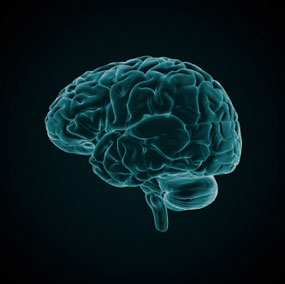 What are the effects of drugs such as marijuana when only used casually? Do they really affect the brain? We’ve known that heavy pot use has been associated with impaired learning, memory, motivation and attention. But it’s been commonly thought casual use of pot does not result in any negative outcomes. Until now.
What are the effects of drugs such as marijuana when only used casually? Do they really affect the brain? We’ve known that heavy pot use has been associated with impaired learning, memory, motivation and attention. But it’s been commonly thought casual use of pot does not result in any negative outcomes. Until now.
Researchers from Northwestern University and Massachusetts General Hospital/ Harvard Medical School have found in a new study that young adults who smoke pot at least once a week have altered areas in the brain associated with emotion and motivation. The results from the study were published in the Journal of Neuroscience.
The study used magnetic resonance imaging (MRI) to scan the brains of 40 young adults, ages 18-25, who smoked marijuana at least once per week. These scans were compared to those brain scans of young adults who had little to no history of smoking pot. Psychiatric evaluations were used to rule out any users who were dependent on the drug. The scans found there were “significant” brain differences between the two groups. (Medical News Today)
Compared to the non-users, the casual pot smokers showed altered shape (including larger) and structure of the brain associated with reward processing, and greater abnormalities in the regions involved in memory and meotion.
The effects of drugs like casual pot use is alarming since pot is such a commonly used drug in the U.S. and even more so with it’s current legalization in many states. The National Survey on Drug Use and Mental Health has found that almost 19 million people have smoke pot recently. It’s unclear how these changes found in the brain relate to behavior outcomes, but the researchers note that it challenges the notion that casual use marijuana isn’t associated with any negative consequences.


